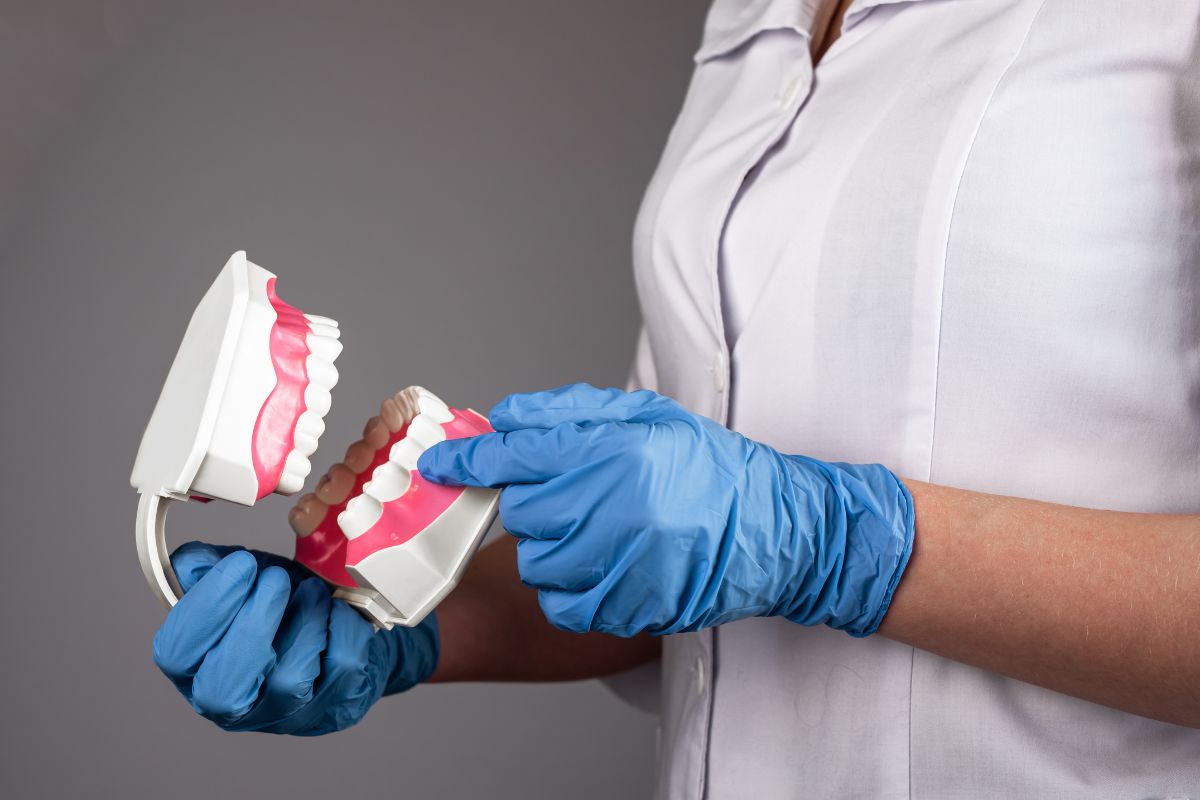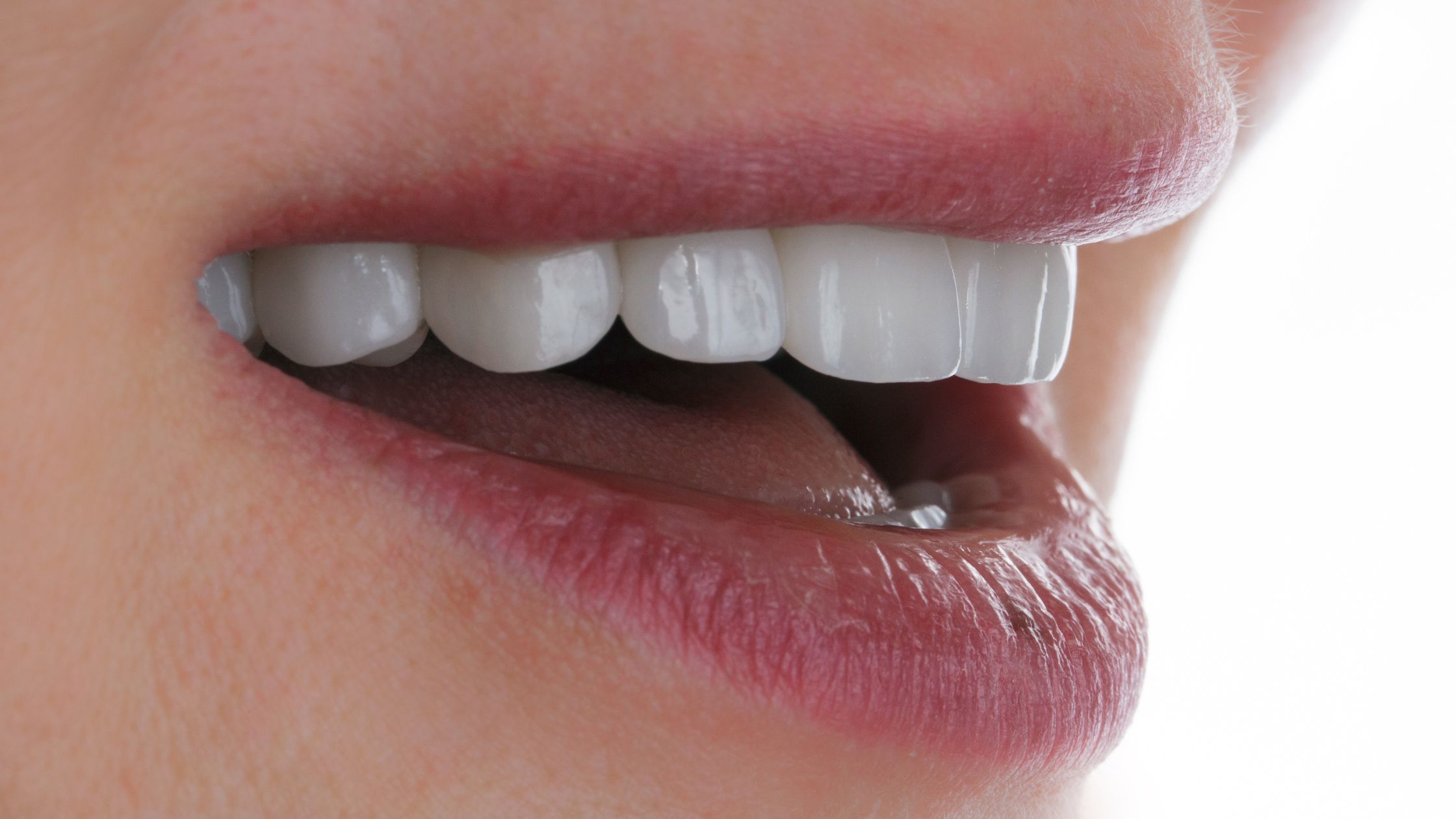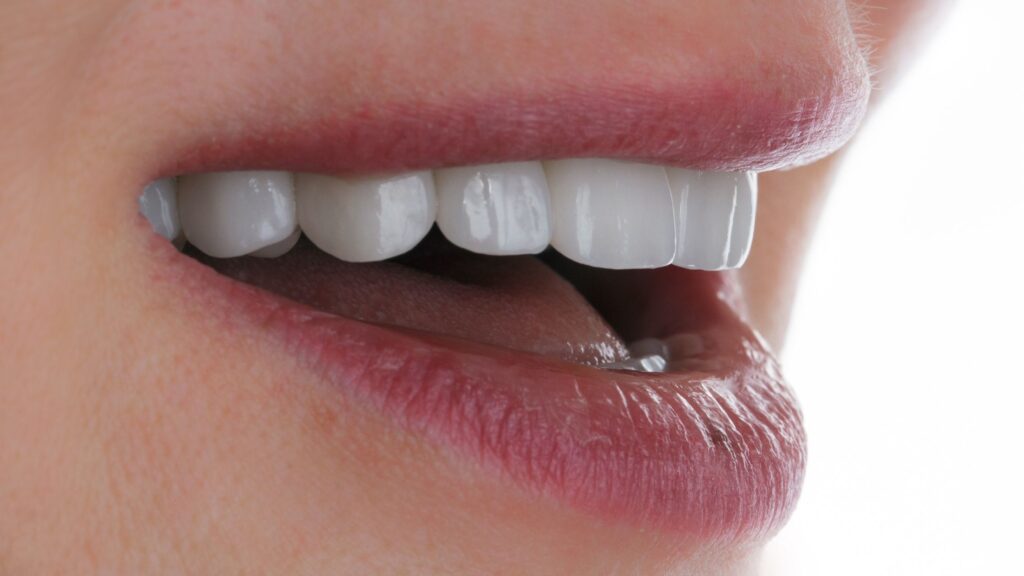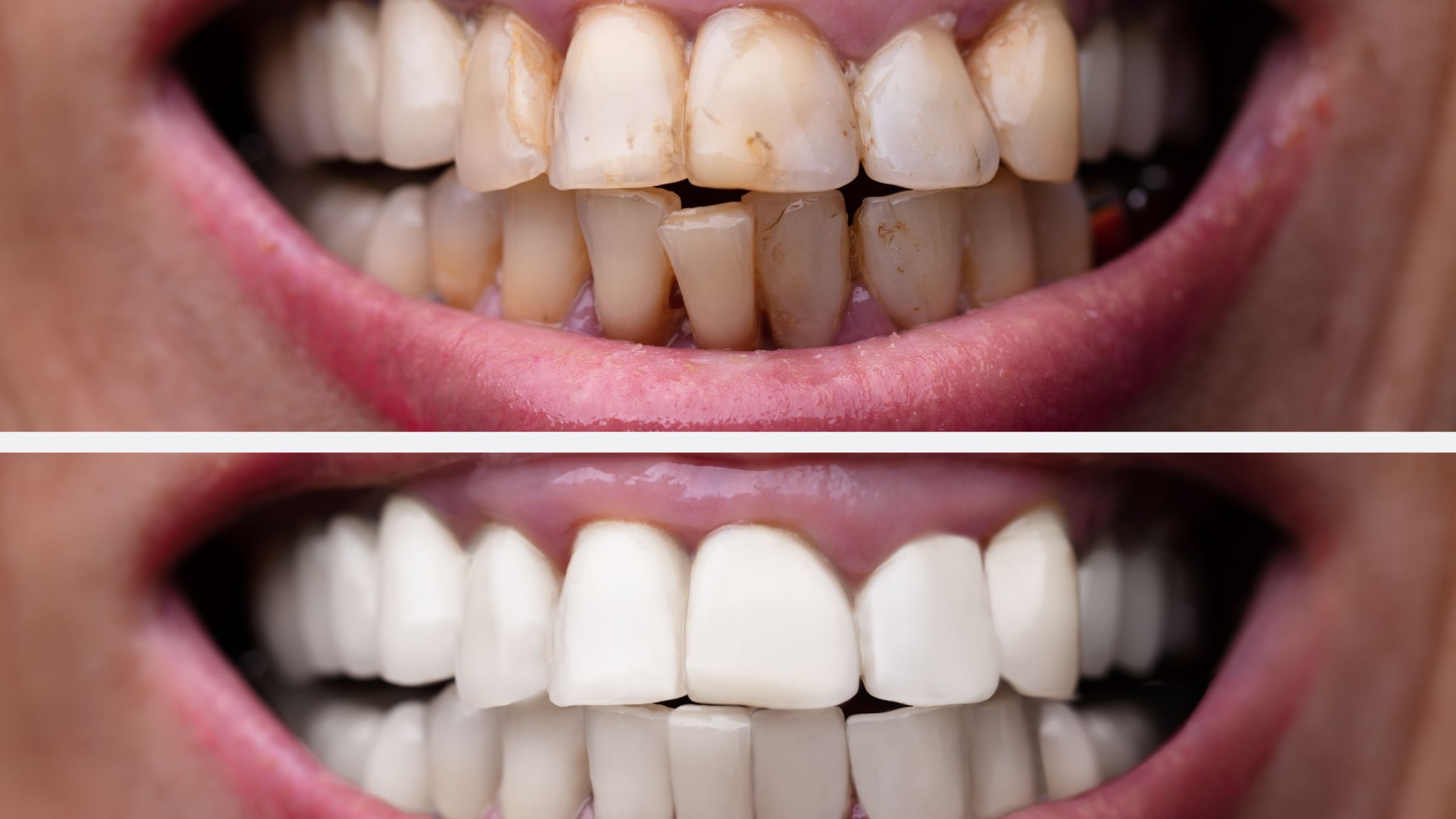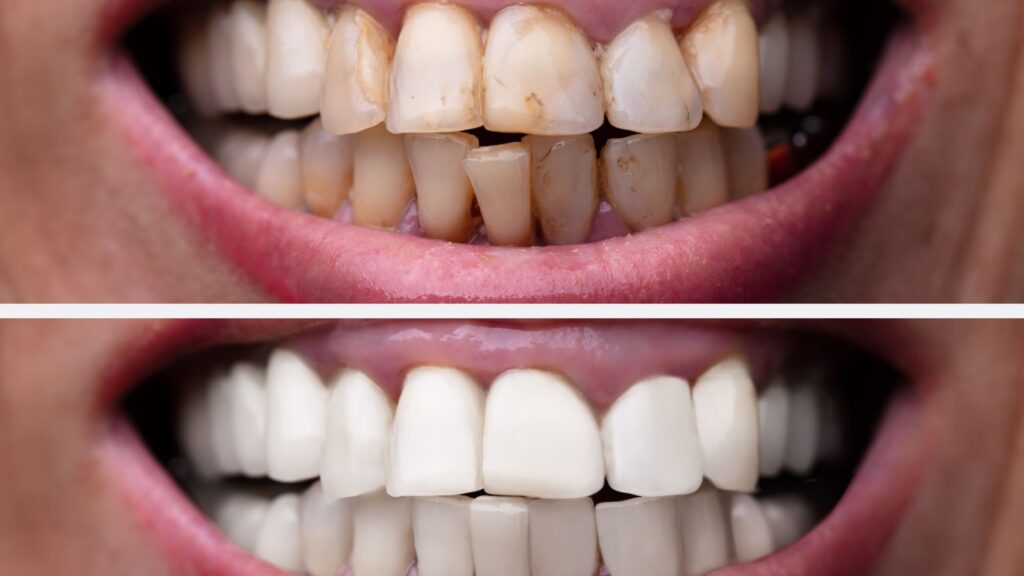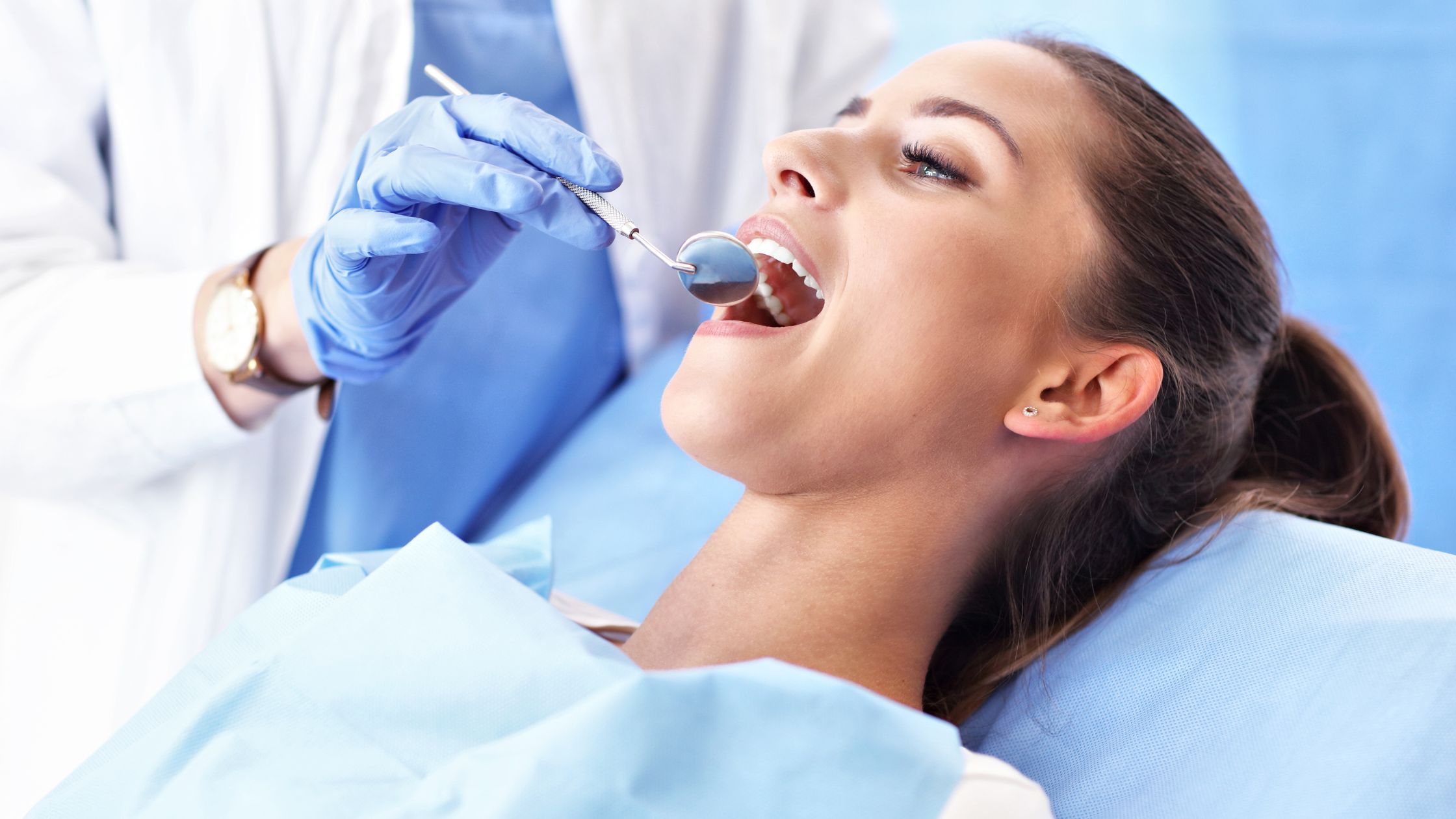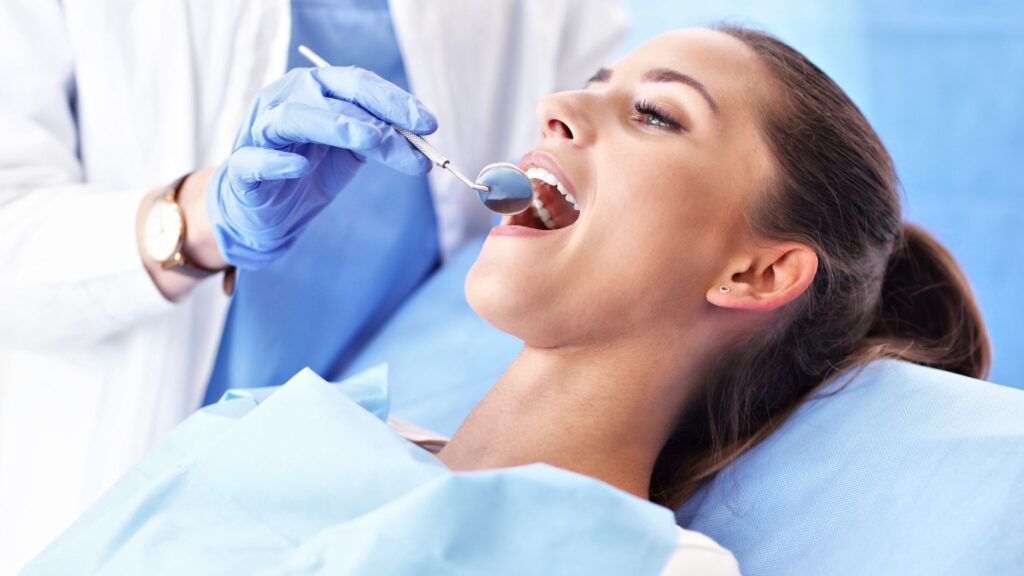Understanding TMJ Disorders
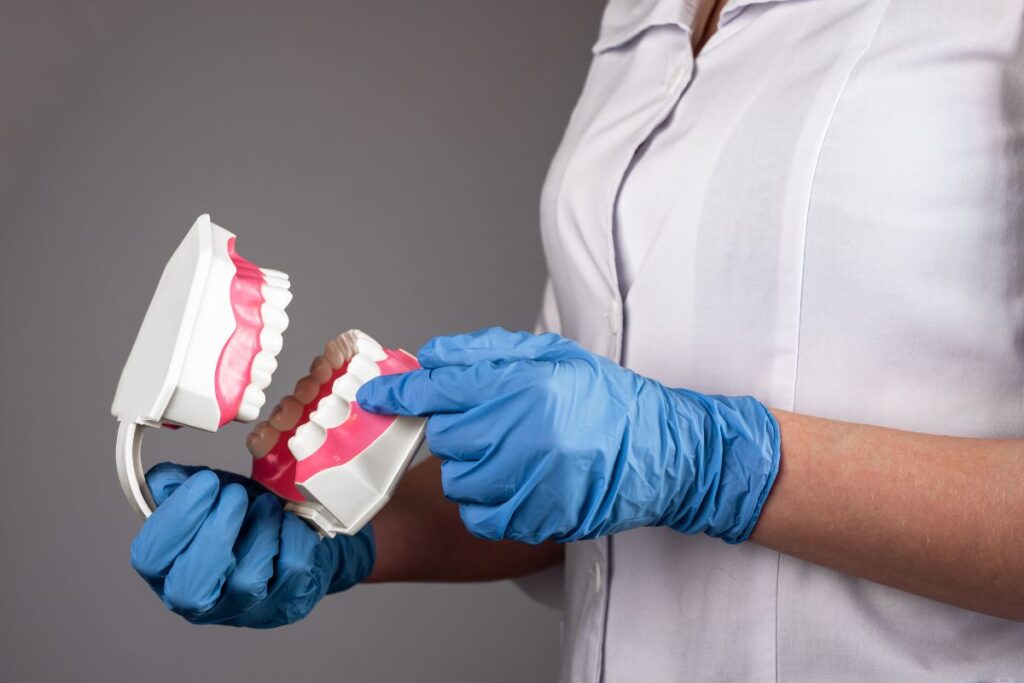
Cracking the Code: Understanding TMJ Disorders and Finding Relief with Friendly Dental
The TMJ is a crucial hinge linking your jaw to the temporal bones, facilitating vital movements such as talking, chewing, and yawning. When this intricate system encounters issues, it can lead to TMJ disorders, causing discomfort and affecting your daily life.
Understanding TMJ Disorders
The TMJ is a sophisticated joint that relies on a harmonious interplay of muscles, ligaments, and bones. TMJ disorders, or TMD, cover various conditions affecting the proper functioning of this joint. Several factors contribute to the development of TMJ disorders, and understanding them is crucial for effective management and treatment.
Causes of TMJ Disorders
Bruxism (Teeth Grinding): Grinding or clenching teeth, especially during sleep, commonly contributes to TMJ disorders. This constant pressure and strain on the joint can lead to inflammation and discomfort.
Jaw Trauma or Injury: Physical trauma to the jaw from accidents or injuries can disrupt TMJ alignment, leading to TMJ disorders.
Arthritis: Inflammatory joint disorders like arthritis can affect the TMJ, leading to pain and limited movement. Rheumatoid arthritis and osteoarthritis are among the types of arthritis associated with TMJ disorders.
Malocclusion (Misaligned Bite): Malocclusion, or misalignment of teeth, strains the TMJ over time, causing discomfort and contributing to TMJ disorders.
Symptoms of TMJ Disorders
Jaw Pain and Tenderness: Persistent pain or tenderness in the jaw during chewing or speaking is a common symptom of TMJ disorders.
Clicking or Popping Sounds: Clicking, popping, or grating sounds when moving the jaw may indicate TMJ issues.
Limited Jaw Movement: Difficulty opening or closing the mouth, with a sensation of jaw locking, suggests potential TMJ disorders.
Headaches and Earaches: Chronic headaches, resembling tension headaches, and earaches without an apparent infection can be linked to TMJ disorders.
Facial Pain and Fatigue: Face pain or fatigue, particularly around the jaw joint, may indicate TMJ-related issues.
Finding Relief with Friendly Dental
Friendly Dental understands the impact of TMJ disorders on your daily life and oral health. Here’s how our team can help you find relief and restore harmony to your jaw joint:
1. Comprehensive Evaluation:
Friendly Dental’s experienced professionals start with a thorough evaluation to assess your TMJ issues. This may involve diagnostic imaging, such as X-rays, to get a detailed view of the joint and identify any underlying causes.
2. Personalized Treatment Plans:
Once the evaluation is complete, our team develops a personalized treatment plan tailored to your specific needs. This plan may include a combination of conservative approaches and therapeutic interventions to alleviate your TMJ symptoms.
3. Occlusal Adjustments:
For patients with malocclusion or bite issues contributing to TMJ disorders, Friendly Dental offers occlusal adjustments. This involves adjusting the alignment of the teeth to alleviate strain on the TMJ and promote proper jaw function.
4. Night Guards:
For individuals dealing with bruxism-related TMJ disorders, Friendly Dental provides custom-fitted night guards. These oral appliances are worn while sleeping to prevent teeth grinding and clenching, reducing strain on the TMJ.
5. Lifestyle Recommendations:
Our team at Friendly Dental believes in empowering patients with the knowledge to manage and prevent TMJ disorders. Lifestyle recommendations, including stress reduction techniques and jaw exercises, may be provided to complement your treatment plan.
6. Collaboration with Specialists:
In some cases, collaboration with specialists like oral surgeons or physical therapists may be recommended for comprehensive care of complex TMJ disorders.
Embracing a Pain-Free Future
Living with the discomfort of TMJ disorders is unnecessary when relief is within reach. Friendly Dental combines expertise, compassion, and cutting-edge dental techniques to help you overcome the challenges posed by TMJ issues. With our patient-centric approach, we aim to offer a pain-free future, letting you enjoy life’s simple pleasures without jaw discomfort.
Contact Us!
Understanding TMJ disorders is the first step to finding relief and restoring balance to your oral health. At Friendly Dental, we are dedicated to guiding you through this journey with personalized care, innovative solutions, and a commitment to your well-being. Don’t let TMJ disorders limit your lifestyle; consult with Friendly Dental for a pain-free, harmonious jaw function. Your smile deserves nothing less than the best care, and at Friendly Dental, we are here to provide it.

